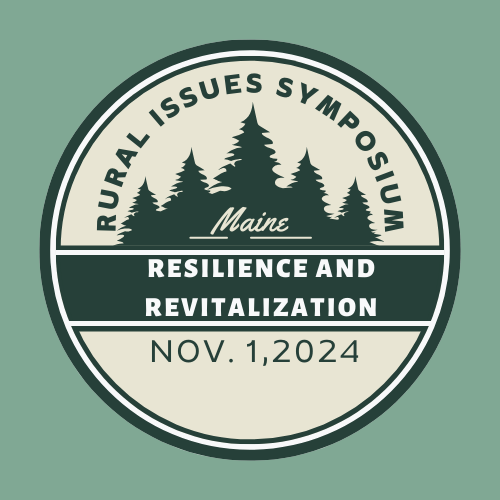
Supporting Students, Strengthening Communities
Description
Favorable mental health—including psychological, social, and emotional wellbeing—contributes to positive developmental outcomes. Adverse childhood experiences such as substance use disorder, violence in the home, and abuse are often quantified as an ACE score that ranges from zero to 10. Higher ACE scores—especially scores or four or more—point toward more devastating health, social, and academic consequences throughout the lifespan. Support for student mental health and social-emotional development, while always essential for school success and positive developmental outcomes, took on renewed urgency in the wake of the COVID-19 pandemic. Abrupt changes to daily routines, heightened fear and anxiety, and isolation from support systems increased the risk of suicidal ideation, self-injury, domestic violence, child abuse, and substance abuse. A disproportionate shortfall of mental health professionals, coupled with structural barriers to access in remote settings, positioned rural students at greater risk of suffering negative psychological health consequences due to the COVID-19 pandemic. This poster will highlight the efforts of a rural Maine school district to mitigate these risks via a grow-your-own program for mental health professionals. Using funds from a USDE School-Based Mental Health grant, the district aims to support local workforce development by mitigating barriers to preparing for school-based mental health careers. As local program participants complete the education and training required for certification and licensure, increased availability of credentialed school-based mental health providers is expected to support positive developmental outcomes for rural students.


